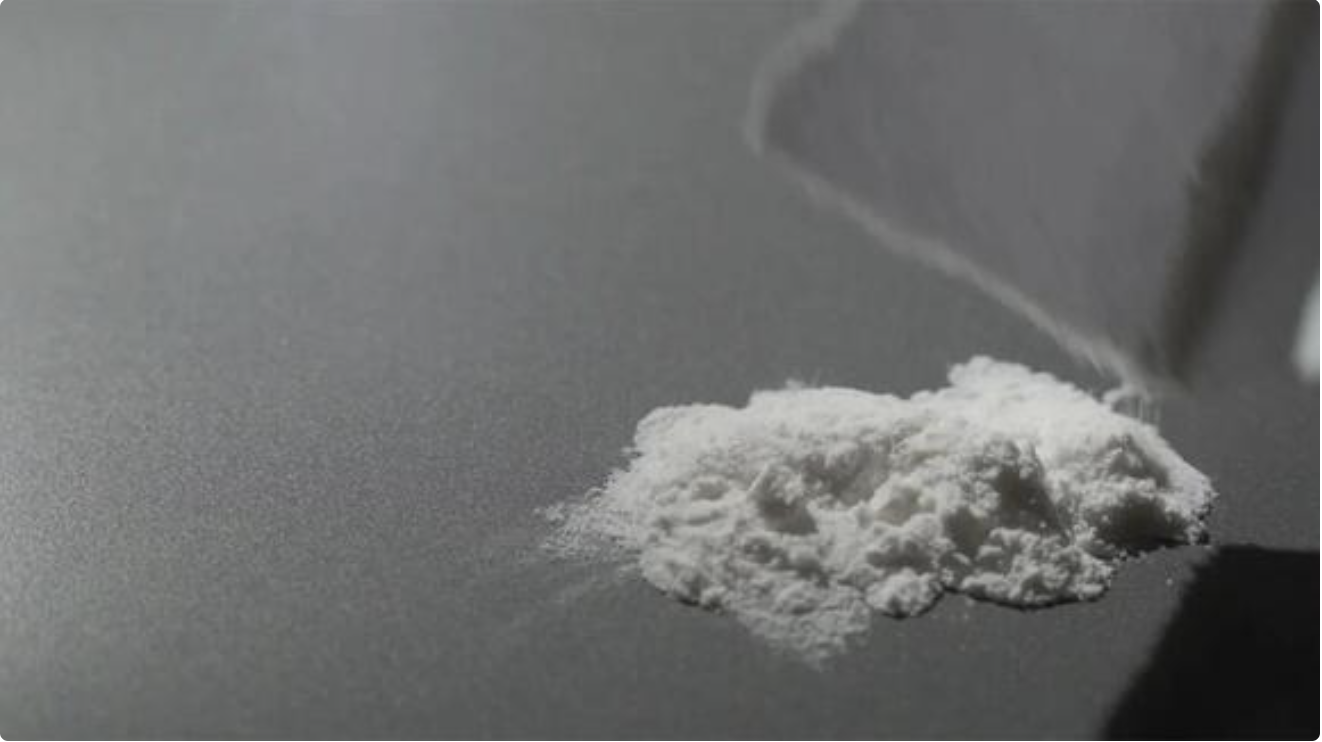PORTLAND, Ore. (KOIN) — A Lake Oswego resident has admitted to operating a large-scale cocaine trafficking scheme and laundering hundreds of thousands of dollars in proceeds through both traditional banking and cryptocurrency.
Guilty Plea in Federal Court
The U.S. Attorney’s Office for the District of Oregon announced that 47-year-old Michael Wayne Frost pleaded guilty in federal court on Wednesday to one count of cocaine distribution and one count of money laundering.
Prosecutors said Frost trafficked more than 50 kilograms of cocaine and attempted to disguise the profits by depositing money into a business bank account and transferring funds into cryptocurrency investments.
Also Read
Evidence Seized in 2024 Search
Authorities said the investigation began with “multiple controlled purchases” of cocaine from Frost. In July 2024, federal agents executed a search warrant at his Lake Oswego residence, where they seized about $20,000 in cash and one kilogram of cocaine.
During questioning, Frost reportedly admitted to selling between 10 and 12 kilograms of cocaine each week, a volume that federal prosecutors described as a significant distribution operation.
Laundering Proceeds Through Banks and Crypto
As the investigation progressed, federal agents seized a total of $509,000 in cash and cryptocurrency tied to Frost’s drug sales. Prosecutors said he laundered proceeds by depositing portions into a business account and sending the rest to Robinhood, a cryptocurrency platform.
The financial trail, investigators said, provided critical evidence in linking Frost’s drug profits to money laundering activities.
Indictment and Forfeiture
A federal grand jury indicted Frost on seven counts of cocaine distribution and money laundering in August 2024. This week, he accepted a plea deal, pleading guilty to just one count of each while agreeing to forfeit all illicit proceeds connected to the case.
Sentencing and Possible Penalties
Frost now faces severe federal penalties. According to prosecutors, the charges carry a mandatory minimum of 10 years in prison, a maximum sentence of life in prison, a fine of up to $10 million, and at least five years of supervised release following incarceration.
His sentencing is scheduled for January 7, 2026.
Broader Context
The case highlights federal efforts to target not just drug distribution networks but also the financial systems that allow them to operate. Authorities said laundering money through legitimate business accounts and cryptocurrency platforms is a growing challenge in drug trafficking cases, making financial investigations an essential part of dismantling illegal networks.
For Lake Oswego residents, the case underscores the presence of significant narcotics activity even in suburban communities often considered far removed from large-scale trafficking.












